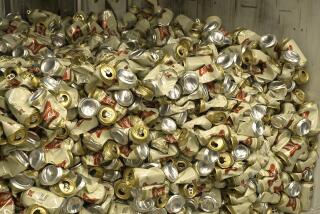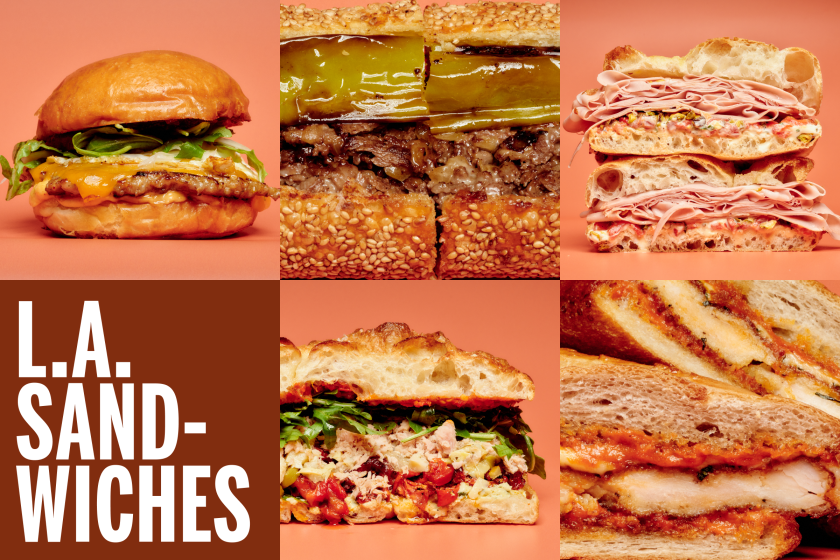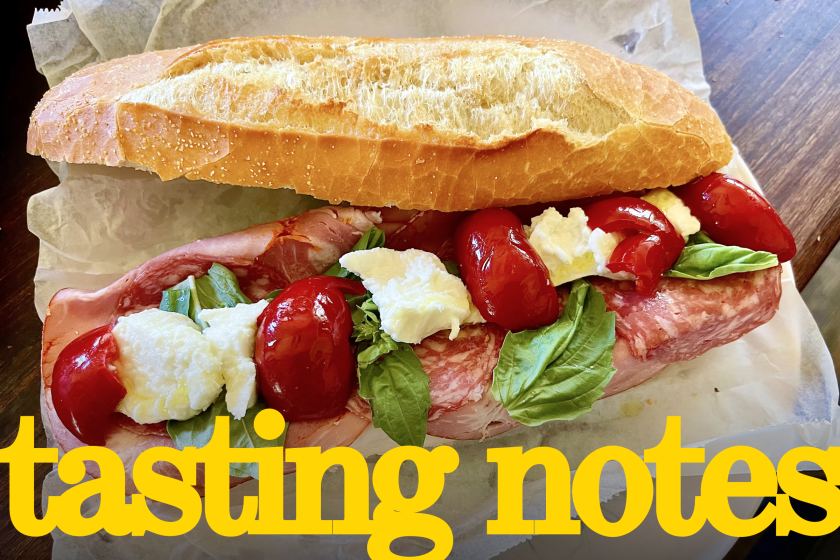Remy to Carry on Brandy Venture Sans Schramsberg
One of the most prestigious partnerships in the California wine industry was dissolved Wednesday when Schramsberg Vineyards, Napa Valley, withdrew from its 5-year-old agreement to produce super-premium brandy with Remy Martin Amerique in New York, a subsidiary of the French cognac firm.
The two companies released their first bottling, RMS California Alambic Brandy, in October, 1985, at $22 a bottle, a then-unheard-of figure in the domestic brandy market, where most products sell for less than $7 a bottle.
The break means Remy Martin will now solely operate the $10-million Napa facility with current annual production of 20,000 cases, or 48,000 gallons. The distillery has a 70,000 case capacity.
Although RMS is one of the state’s smallest brandy operations, it created a super-premium category that in the past had been the exclusive domain of French imports.
Jack Davies, owner of Schramsberg, which produces some of the state’s finest sparkling wines, said Remy Martin will continue to use the RMS designation during a transition period. He would not discuss what name would be used on the label for future bottlings.
There have been numerous joint ventures between California and French wineries in the past decade. The RMS operation was different in that Remy Martin maintained principal responsibility for marketing rather than deferring to the Californians, according to one industry analyst.
“The unique arrangement precipitated the problem--that would be my guess,” said Paul Gillette, publisher of several wine industry journals. “Typically in these deals, the lion’s share of the money is foreign and the California partner comes in with less money but has the real estate, the know-how and the marketing organization. It is fairly unusual for this to have been a fundamentally Remy operation rather than a fundamentally American one.”
The Schramsberg withdrawal comes just a day after U.S. trade representative Clayton K. Yeutter announced that tarrifs on French cognac imports to this country would increase from 10% to 200% beginning Jan. 30. The tarrifs would dramatically effect the price of French imports and most likely hurt sales.
More to Read
Eat your way across L.A.
Get our weekly Tasting Notes newsletter for reviews, news and more.
You may occasionally receive promotional content from the Los Angeles Times.










